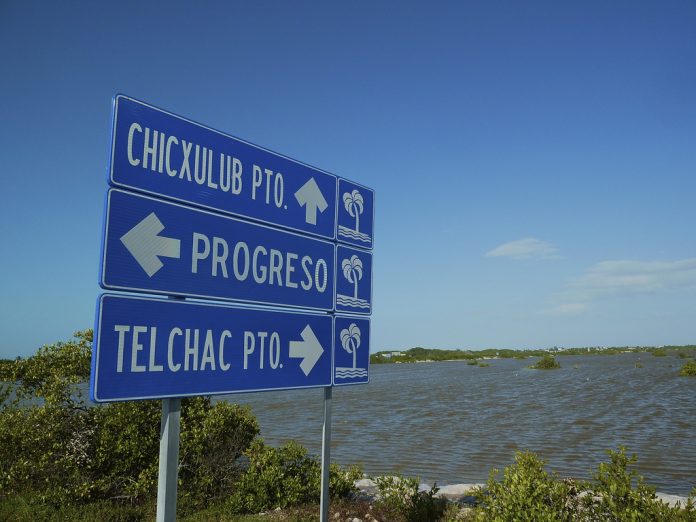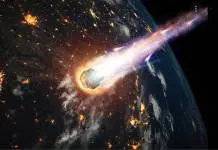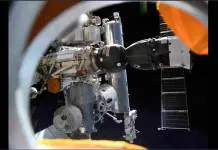
If you ever wondered how the asteroid that wiped out the dinosaurs and three-quarters of life on Earth managed to do so, there is a recent study made by several scientists that propose the following reasons for this phenomenon.
The study is based on the chain of reactions that followed the impact, not the specific giant rock impact. It managed to do a whole lot of damage to the surface of the Earth, remaining visible in the Chicxulub crater in the Yucatán peninsula.
Around 66 million years ago, the meteor we’ve seen in movies and referenced many times in different media was a six-mile-wide space boulder that smashed into what now is the Yucatán peninsula, creating the Chicxulub crater.
Dinosaur-killing asteroid caused molten rock to burst from ocean floor – study https://t.co/rTxxXgPSls
— Guardian US (@GuardianUS) February 8, 2018
Chain reaction upon impact caused awakening of volcanic activity
Followed by the meteor crash, there came a rain of extremely hot clouds of particles that reflected the Sun’s energy, which set off a massively hot temperature that caused fires around the globe. The aftermath was a darkening cloud of particles raised by the massive impact which caused the earth to cool for several years.
Also soon after the big hit, the asteroid set off saw big earthquakes that, according to studies, must have been about 100 times more powerful than the ones we know today. New evidence shows the shaking triggered volcanoes to erupt, and these spewed gases into the air and volcanic rocks into land and sea.
Additional data suggests that these eruptions occurred in what is known today as the Pacific and Indian Oceans. Studies have shown that these volcanic explosions spawned an outstanding amount of molten rock, so much, in fact, that it could cover the entire territory of the United States.
Some scientists disagree with the theory
Geologist Paul Renne stated that these discoveries make a perfect proof of how “intertwined” everything is, and in fact even compares this event to a shaken can of coke being opened. Scientists do agree, however, on the fact that what triggered the worst of extinction was the impact of the meteor and the crater it caused.
In 2015, many theorized that, due to the collision, eruptions in India are or could be far worse and deadlier. If this were true it could pose some concerns, because this could serve as evidence of an increasing volcanic activity on Earth and could include underwater sleeping volcanoes.
Some scientists, however, do not agree with these studies. Sean Gulick of the University of Texas has been digging in the crater’s core and said that the study is based on coincidental timing and that it does not show any precise or physical way of connection to volcanic eruptions. This was backed by Jay Melosh of Purdue University, who said that “the signs they see there are kind of feeble.”
Source: The Guardian











